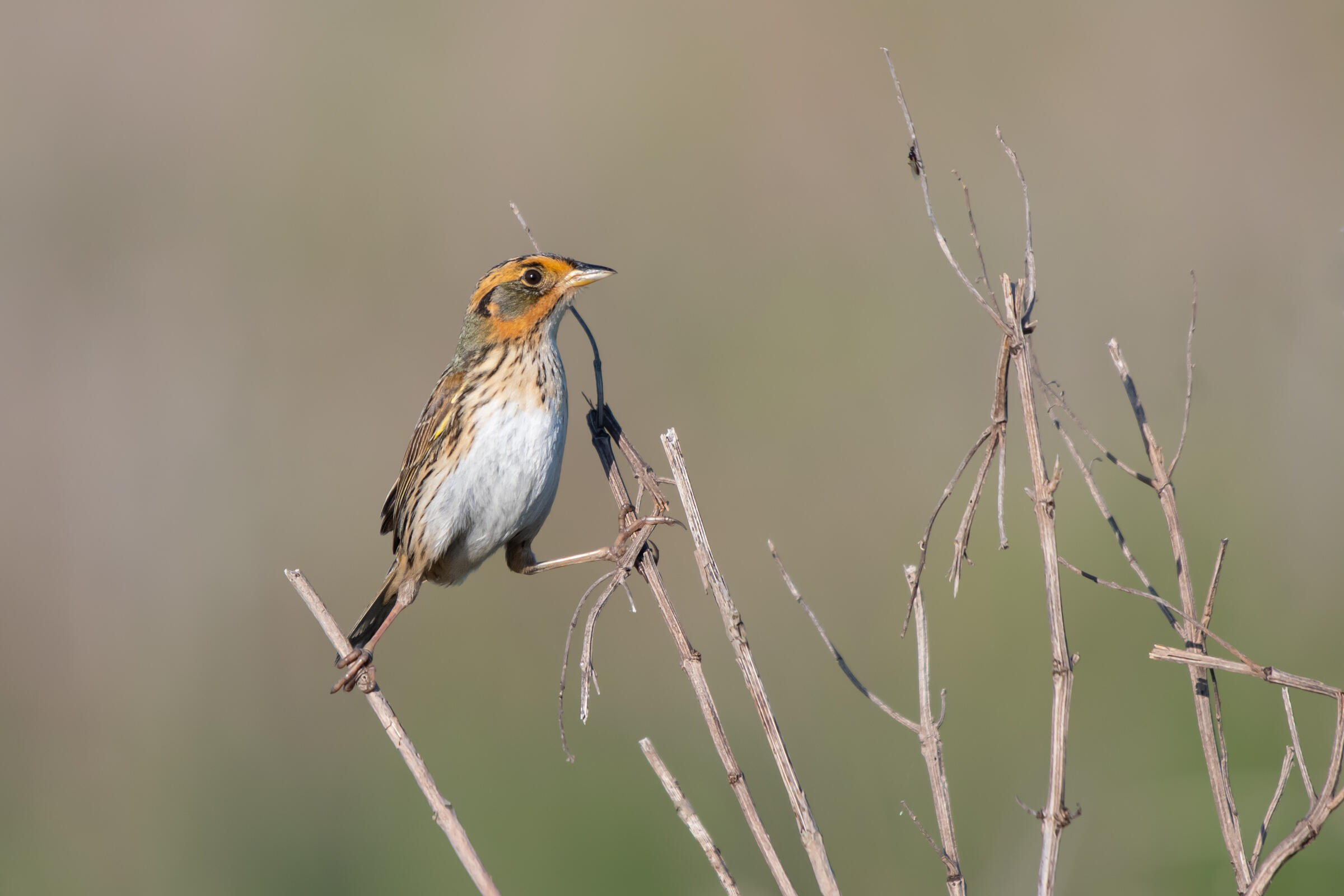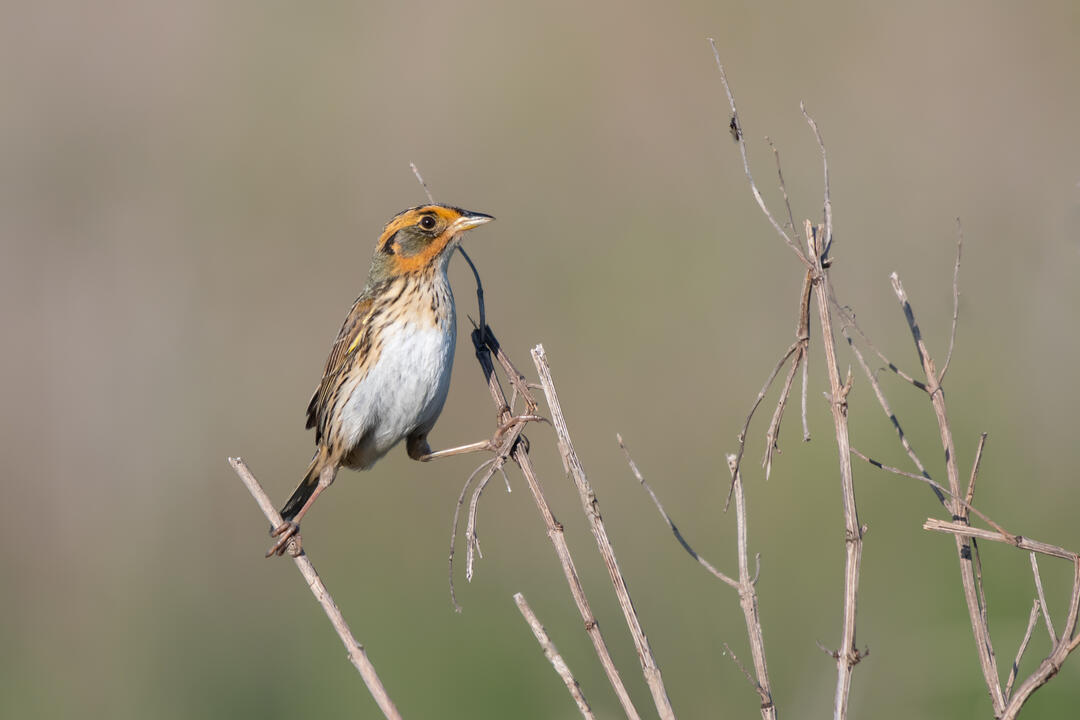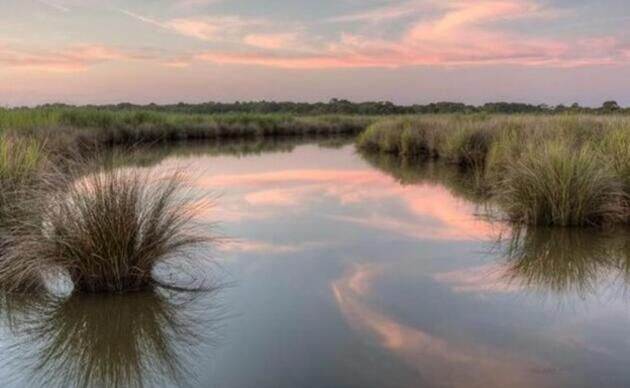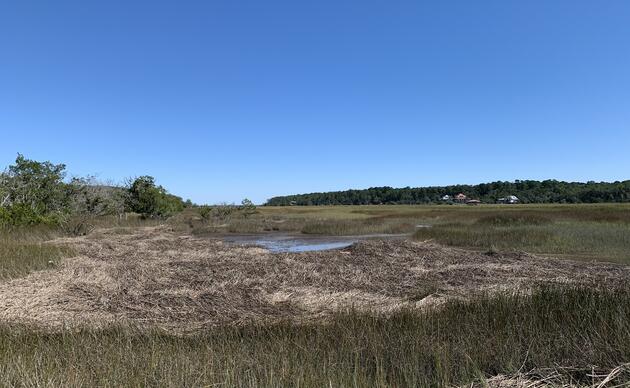From hurricanes to sea-level rise, climate change poses many threats to coastal birds and communities in South Carolina. Some of the negative effects of climate change on people and their communities include:
- Increased sunny day flooding
- Flood and wind damage to homes, businesses, and roads from hurricanes and coastal storms
- Damage to, or disappearance of, important recreation or cultural areas, such as marshes and beaches
- Damage to, or disappearance of, salt marshes that serve as nurseries for economically important fisheries, help absorb floodwaters, improve water quality, and reduce wave energy
Similarly, some of the negative effects of climate change on birds may include:
- Direct mortality of adults, chicks, or eggs through flooding, storms, or excess heat
- Damage to, or disappearance of, important nesting, feeding, or migratory stopover habitats
Coastal resilience efforts aim to address some of these problems by better protecting birds and people from climate-related impacts. This may be achieved in a variety of different ways, such as natural habitat protection and restoration and implementation of nature-based solutions. By protecting and working with natural coastal lands and features, coastal communities will better be able to withstand storms, flooding, and sea-level rise, and crucial habitat will be maintained for sensitive coastal bird species.
To prioritize coastal resilience work in the places that need it most, Audubon South Carolina, in partnership with Audubon North Carolina and Audubon's National Science Division, created the Coastal Carolinas Blueprint. This blueprint incorporates social, environmental, and bird data to highlight key coastal areas that are the highest priority to protect and restore. For example, the region around Cape Romain National Wildlife Refuge stands out as a high priority landscape where resilience efforts stand to greatly benefit people and birds.
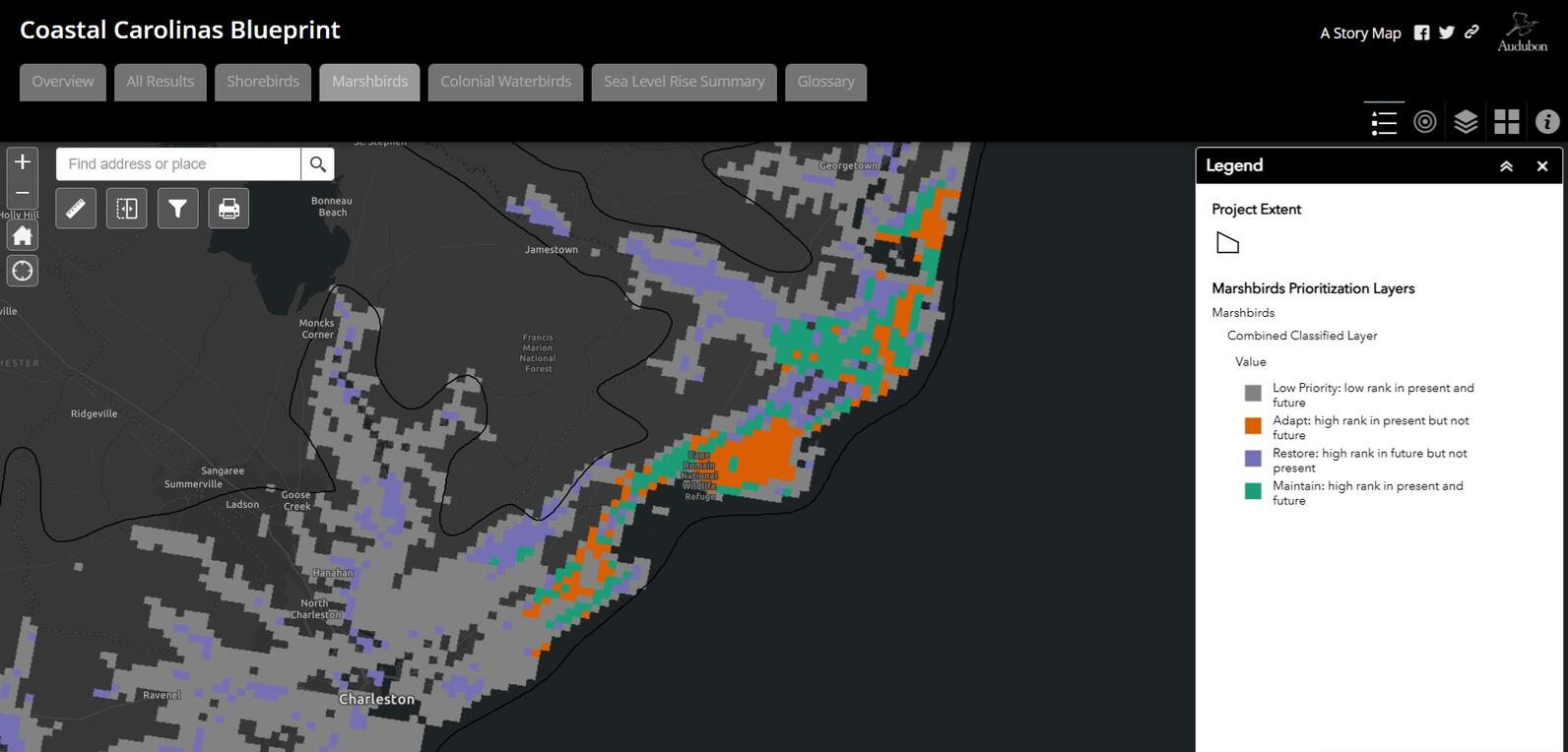
For more information about other resilience work occurring throughout South Carolina, please see the following resources:
- SCOR: South Carolina Office of Resilience website
- South Carolina Sea Grant Consortium website
- South Atlantic Salt Marsh Initiative (SASMI) website
Want to learn more? Return to our Building Resilient Communities with Nature project homepage!

